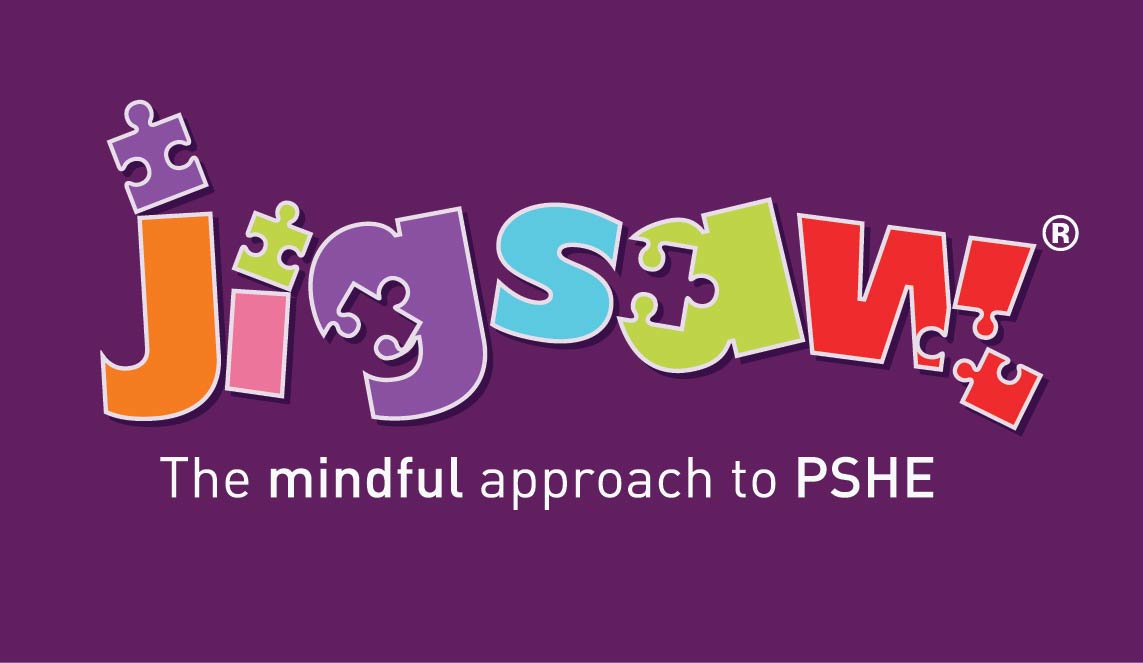PSHE & RSE
Curriculum Intent
It is our aim that by the time the children leave Rosedale to embark on the next stage of their education, they are equipped with the academic skills and knowledge, and have developed the personal attributes needed to enable them to become successful citizens of the future.
Jigsaw Curriculum
Jigsaw 3-11 offers a comprehensive Programme for Primary PSHE, including statutory Relationships and Health Education, in a spiral, progressive and fully planned scheme of work, giving children relevant learning experiences to help them navigate their world and to develop positive relationships with themselves and others.
Jigsaw consists of six half-term units of work (Puzzles), each containing six lessons (Pieces) covering each academic year.
- Autumn 1: Being Me in My World
- Autumn 2: Celebrating Difference (including anti-bullying)
- Spring 1: Dreams and Goals
- Spring 2: Healthy Me
- Summer 1: Relationships
- Summer 2: Changing Me (including Sex Education)
Every Piece has two Learning Intentions, one specific to Relationships and Health Education (PSHE) (in purple) and the other designed to develop emotional literacy and social skills (in green).
Safeguarding & Consent
As part of the Jigsaw programme, aspects of consent are both implicitly and explicitly taught.
Safeguarding & Consent within Jigsaw Curriculum
Sex Education
Supplementing Jigsaw, Rosedale uses Big Talk Education to provide sex education. The knowledge taught here is recapped by Jigsaw.

British Values & SMSC
Promotion of British Values as well as opportunities for pupils' spiritual, moral, social and cultral development are mapped through the Jigsaw Curriculum.
SMSC Development through Jigsaw
Curriculum Overviews
